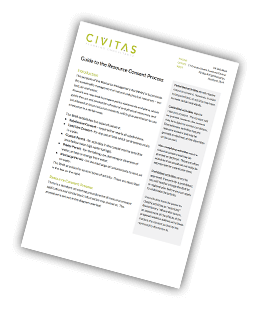(More) Changes to the RMA
By Iain McManus
The Resource Management Amendment Act 2020 (“RMAA”) received royal assent on 30 June and will come into effect in stages from 1 July 2020.
Say what? More amendments to the RMA? Yup, this is the 23rd Amendment Act since the RMA was passed in 1991. And there are more to come. But I digress…
The RMAA introduces a mixed bag of changes, many doing little more than rolling back amendments made under the last Amendment Act. I kid you not. Of most note:
From 1 July 2020:
The Minister for the Environment may “call in” a change to a regional policy statement or variation to a proposed regional policy statement relating to matters of national significance.
The presumption that subdivision applications are restricted unless expressly allowed by a district plan is reinstated. This presumption was reversed under the last set of amendments.
A person appealing an application for resource consent, change of conditions or review of conditions may appeal matters that were not raised in their original submission.
The Environmental Protection Authority gains powers to carry out compliance and enforcement functions (to date, these functions have been delegated only to local authorities).
From 30 September 2020:
Applications for subdivision and residential activity consents can be publicly notified. This rolls back the last set of amendments, which prevented public notification of such applications.
Applications for subdivision and residential activity consents can be appealed to the Environment Court. Again, this rolls back the last set of amendments, which prevented such appeals.
Note that the above changes do not apply to applications for resource consent lodged before 30 September 2020 – applications already in process on that date must be processed based on the current law. Applicants will need to consider their timing carefully as they get closer to lodgment. For some applications, it may be better to lodge before 30 September, and for others, after.
From 31 December 2021:
Councils are required to have regard to emission reduction plans and national adaptation plans prepared by the Minister for Climate Change when making and changing their regional policy statements, regional plans and district plans.
Council’s regain the ability to consider the effects of an activity on climate change when processing certain resource consent applications and when setting rules in their plans.
New Freshwater Planning Process:
The RMAA requires councils to notify changes to their regional policy statements and regional plans by 31 December 2024 to implement the upcoming National Policy Statement for Freshwater Management 2020, and to make final decisions on those changes by 31 December 2026.
Furthermore, it introduces a new specialised planning process for those changes, similar to the process used to create the Auckland Unitary Plan.
Are we there yet?
No – unfortunately, these changes will do little, if anything, to improve the experience most people have with the RMA – being via the resource consent process – and the changes in respect of subdivision and residential activity applications and scope on appeal will in fact make that process more protracted for some.
A comprehensive review of the resource management system is currently underway, led by an independent Resource Management Review Panel, with a report expected to be released to the Minister for the Environment soon. This will eventually result in further amendments to the RMA or repeal and replacement of the RMA. The saga continues….

